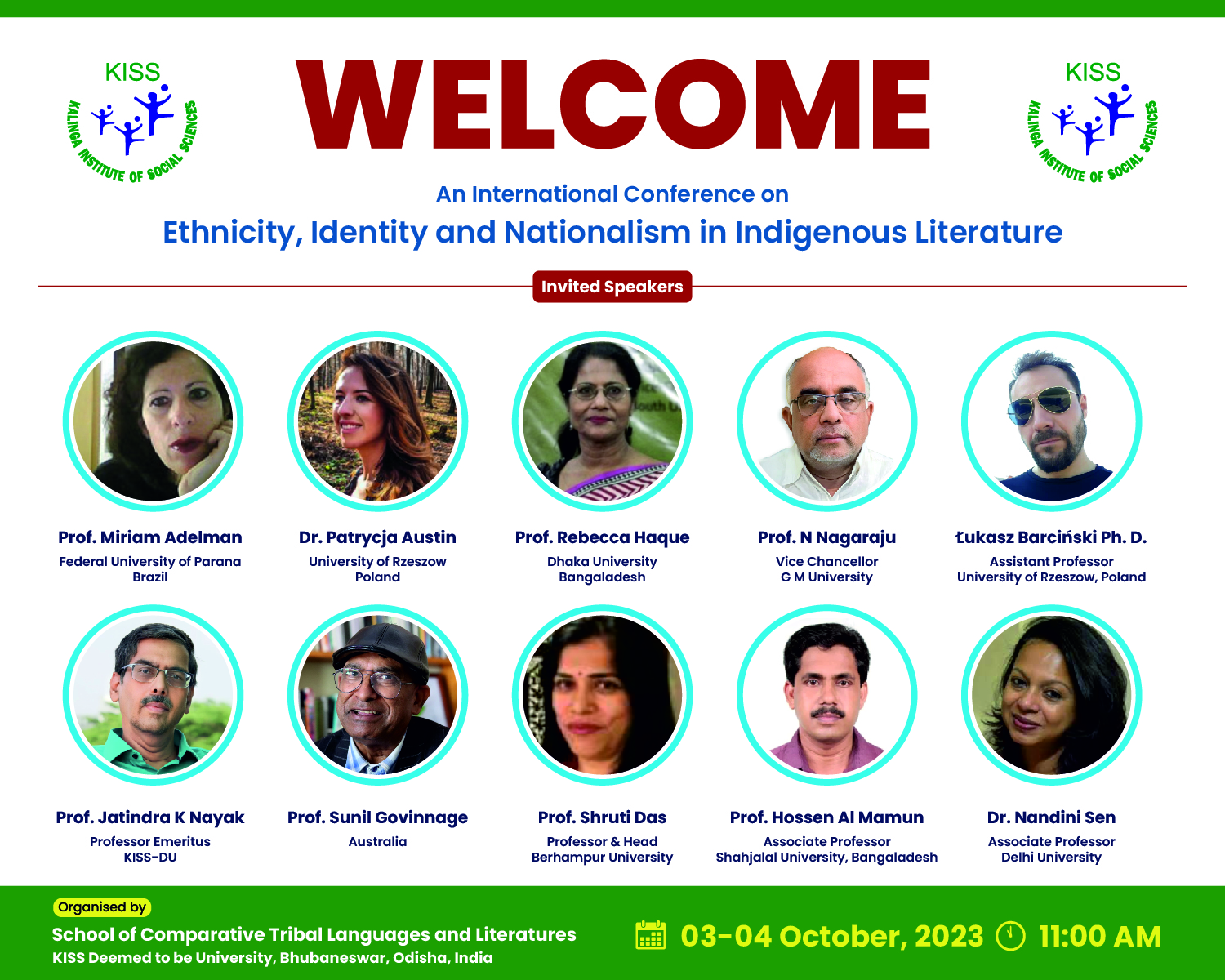
Indigenous Literature is grounded on the imperfect understanding of the pith and core of the social concern of the indigenous people. Indigenous literature has played a significant role as a powerful tool for cultural expression, identity formation, and promotion of intercultural dialogue. However, the ingenious portrayal of characters in various literary genres gives a varied picture of society. One strategic aspect of ethnicity in tribal literature is portraying cultural practices, customs, and traditions specific to a particular
ethnic group. The unmistakable depiction of ethnic and linguistic dimensions in literature gives rise to a sense of assertion. Various indigenous ethnic groups aspire to live in their world with pride and dignity. The literary works provide a platform to celebrate the richness and diversity of indigenous cultures, fostering a sense of pride and identity within the community.
However, Indigenous people try to keep their cultural and personal identity intact and claim to be one, unlike others. Identity in tribal literature is the central and recurring motif that explores the complex interplay between individual and collective identities within indigenous communities. Tribal literature explores the multifaceted aspects of identity, including cultural, ethnic, linguistic, and ancestral connections, as well as the impact of external influences such as colonization and globalization. During the colonial period, when the nationalistic spirit was very high and individual identity was trampled under feet, some ethnic groups emerged to voice their dissent against all discrimination. Literature of the time echoes the quest of the indigenous people for their identity. However, during the nineteenth century, which was marked by a growing tide of nationalism within Europe and colonial
expansion overseas, Indigenous literature emerged. The indigenous people’s loyalty, devotion and allegiance towards the nation are reflected in the literature of the tribal. The ethnic groups have shown their obligation to the nation and society by sacrificing their lives. History is the mute witness of all of this sacrifice. Nationalism in tribal literature explores the intersection between tribal identities and the concept of national belonging. Tribal literature delves into the complexities and tensions surrounding the relationship between indigenous communities and the nation-state where they live.
Nevertheless, the Conference purports to explore how tribal literature represents and challenges the prevailing notions of ethnicity and nationality, highlighting the diverse perspectives and experiences of different tribal groups. Additionally, it aims to highlight the impact of colonization, globalization, and modernization on tribal identity as depicted in literary texts. It will further investigate and hash out the role of indigenous language and writing in preserving cultural heritage and fostering a sense of belonging. It will help the broader understanding of the significance of tribal literature as a powerful tool for artistic expression, identity formation, and the promotion of intercultural dialogue. It will also bring forth the nationalistic feeling of the tribal through the discussion of indigenous literary texts. Discussions on the aforesaid areas will undoubtedly enrich the participants to a
great deal.
